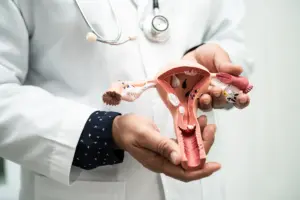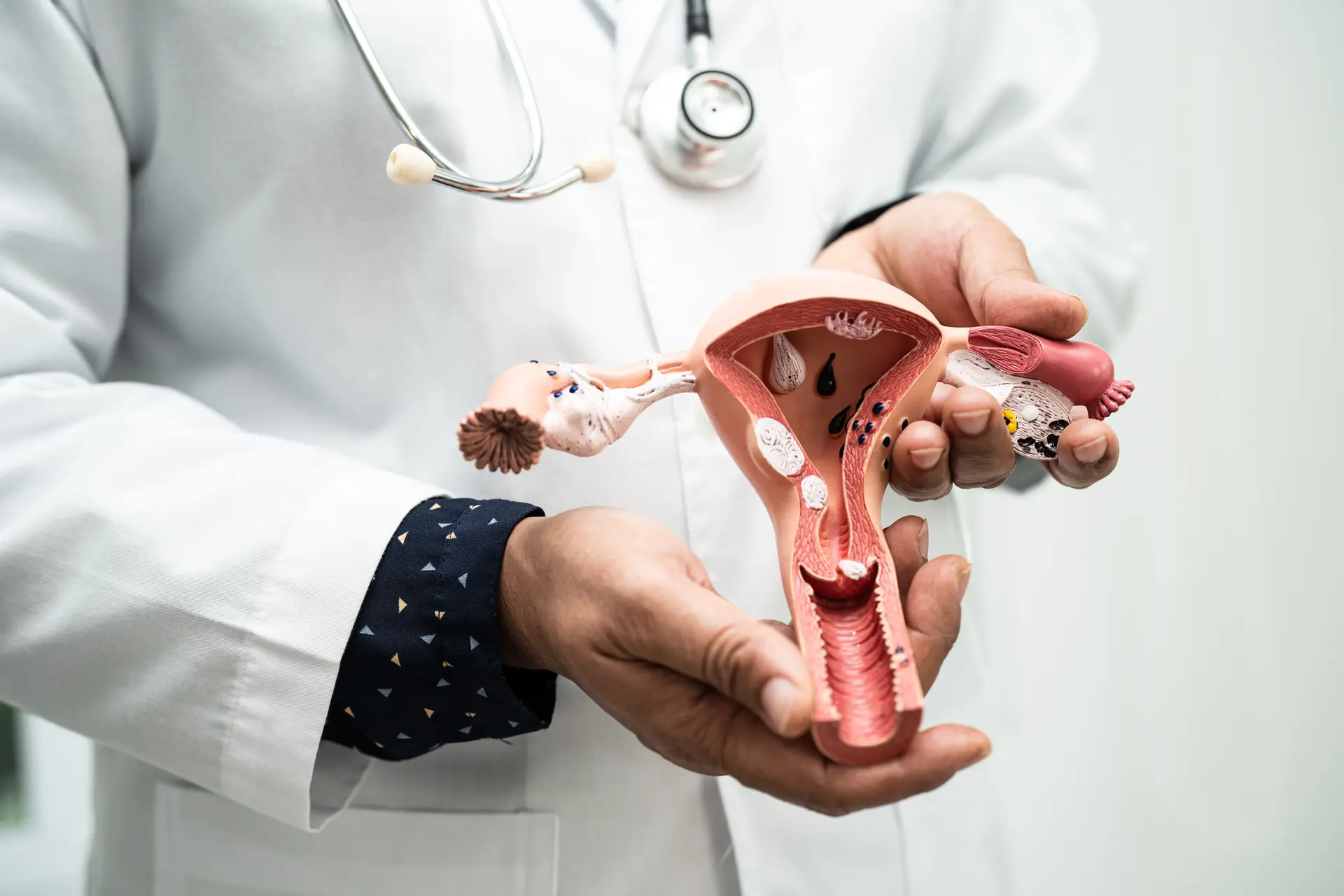The History of Insulin and Diabetes
“The centenary of the discovery of insulin does not get the recognition it should,” says Dr Gilberto Manhiça, an endocrinologist at Lenmed Maputo Private Hospital in Mozambique. One hundred years ago, in 1921, Frederic Banting and Charles Best, two Canadian doctors, successfully isolated the hormone insulin, which regulates the movement of sugar into the cells. Since then, millions of people suffering from diabetes have been treated with insulin.
Diabetes is an impairment in the way the body regulates and uses sugar (glucose) as a fuel. This long-term condition results in too much sugar circulating in the bloodstream. Diabetes can affect many major organs, including the heart, blood vessels, nerves, eyes and kidneys.
Diabetes symptoms vary depending on how much blood sugar levels are elevated. Some people, especially those with prediabetes or type 2 diabetes, may not experience symptoms. But in type 1 diabetes, symptoms tend to come on quickly and be more severe. Some of the symptoms are:
- Increased thirst
- Frequent urination
- Extreme hunger
- Unexplained weight loss
- Blurred vision
- Slow-healing sores
- Fatigue
- Frequent infections, such as gums or skin infections and vaginal infections
- Presence of ketones in the urine (ketones are a by-product of the breakdown of fat that happens when there’s not enough available insulin)
- Importantly, close to half of people with diabetes do not present any sign, even if uncontrolled; they are asymptomatic.
Dr Manhiça adds, “Testing for diabetes must be available at doctors’ rooms and it is helpful if doctors are updated in the targets of controlling blood sugar levels. Patients must be educated by their doctor about their condition and what their target range is for blood sugar, blood pressure and cholesterol levels so that it is kept under control and complications do not arise. Diabetes patients need to know how to count carbohydrates and plan their meals. Diabetes sufferers will most likely never be cured of diabetes, but they can help to decrease their blood sugar levels by staying healthy, fit, exercising, and eating properly. This can help to reduce medication even to the point where blood sugar and cholesterol are under control. Do not neglect your health,” he says.
Glucose monitoring is evolving and today there are new treatments available which remove the need for finger pricking, which is uncomfortable and inconvenient, and only gives a snapshot of the overall picture. Now a smartphone or digital reader can scan a sensor which is attached to the arm through a pain-free adhesive. For many, this innovation has changed the way their diabetes is managed and resulted in clinicians being able to provide much more precise guidance. An artificial pancreas, in development stages, would automatically adjust insulin levels in patients with type 1 diabetes.
“Perhaps in the next 100 years we will find a way to end diabetes,” says Dr Manhiça.
The lenmed Group is a world-class chain of Private Hospitals that brings quality healthcare to communities across Southern Africa.
For more information please contact:
Dr Gilberto Manhiça, Endocrinologist
MSc, MD
Lenmed Maputo Private Hospital
Tel: +258 87 303 1670
Email: gmmanhica@gmail.com or info@lenmed.co.za
Disclaimer: Any information contained here is merely a guideline. Always visit your healthcare practitioner for any health-related advice or diagnosis.















